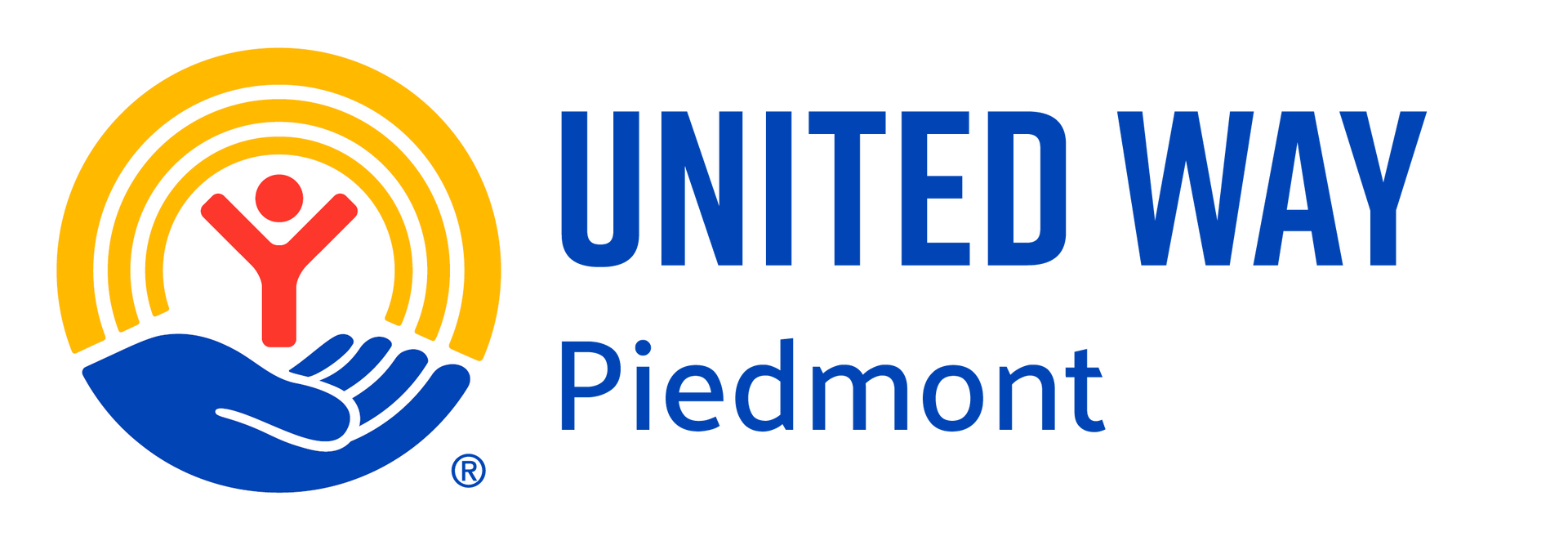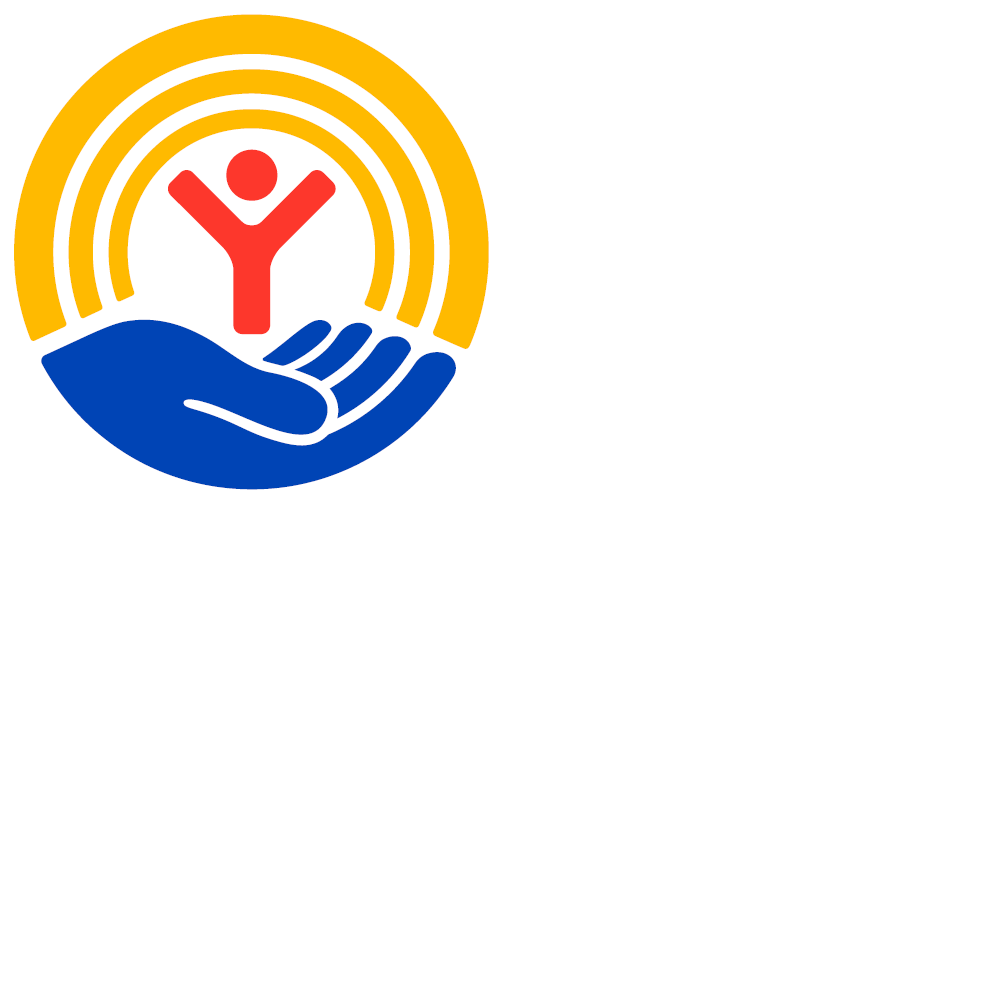Three goals for a brighter future
United Way of the Piedmont has identified three key goals to ensure a path to prosperity for every person in Cherokee, Spartanburg, and Union counties. These goals are ambitious and bold. But we know if we work together, we can transform our community.
What we do
We get closer to meeting our goals by working with local people and partners to make change happen.







